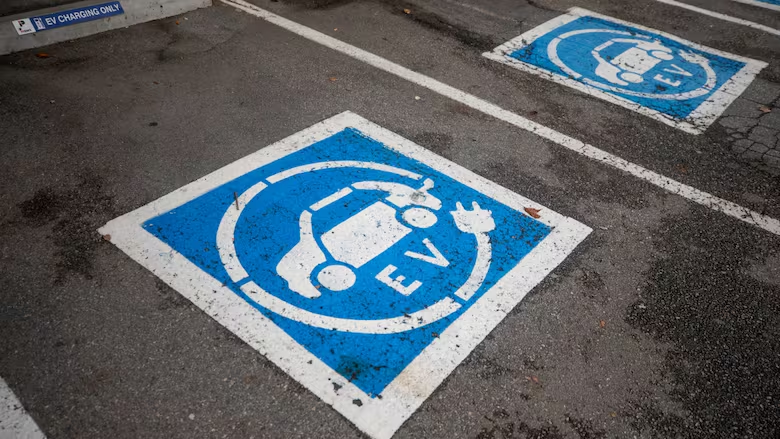Subtitle:
Auto industry pressures and consumer hesitation raise questions about future of zero-emission targets
Content:
Canada’s ambitious push toward electric vehicles is facing mounting challenges as new tariffs, sluggish consumer demand, and industry headwinds threaten to derail the country’s zero-emission vehicle mandate.
The federal plan, which aims for all new car sales to be electric by 2035, has hit turbulence in recent months. Sales of EVs have slowed, particularly outside major urban centers, and automakers warn that rising production costs — now compounded by international trade tariffs — could make electric models less accessible to average Canadians.
Manufacturers are also voicing concerns about supply chain constraints, battery costs, and lagging infrastructure development. Charging station availability, especially in rural areas, remains a key hurdle to consumer confidence.
Meanwhile, dealers are reporting a dip in showroom interest, with many buyers opting for traditional gas-powered vehicles due to lower upfront costs and concerns over cold-weather performance.
Despite the challenges, federal officials insist the long-term goal remains unchanged. Investments in charging infrastructure and manufacturing incentives continue, and policymakers say they are open to adjusting timelines or targets if necessary.
As the auto landscape evolves, Canada’s EV mandate stands at a crossroads — one shaped by global economics, domestic realities, and the pace of innovation. Whether the country can stay on track toward its green transportation future remains an open question.

